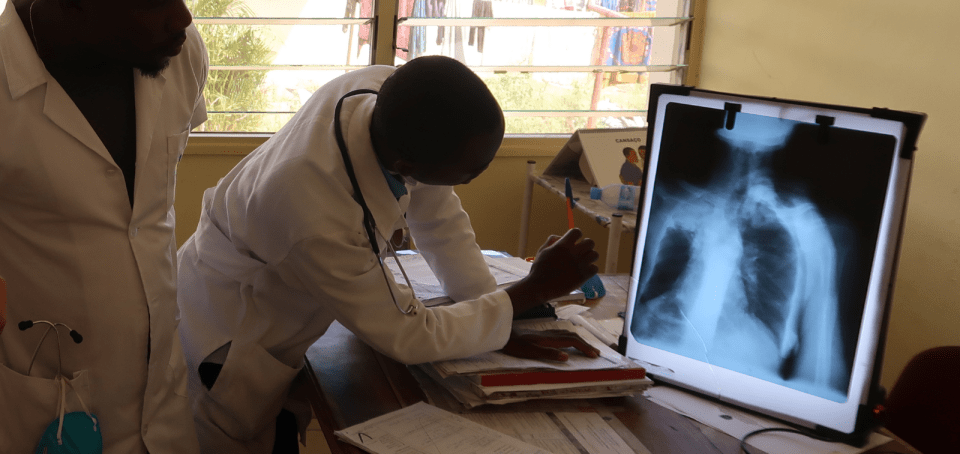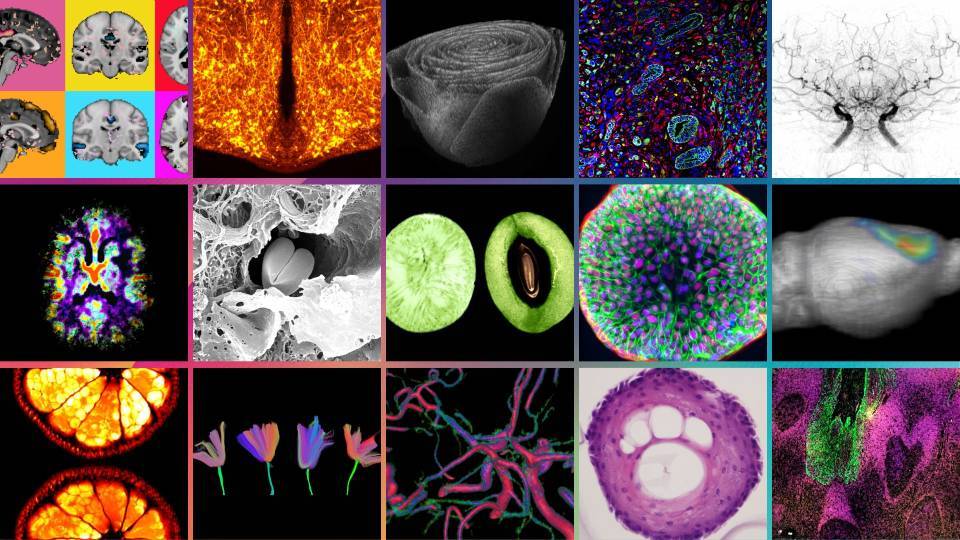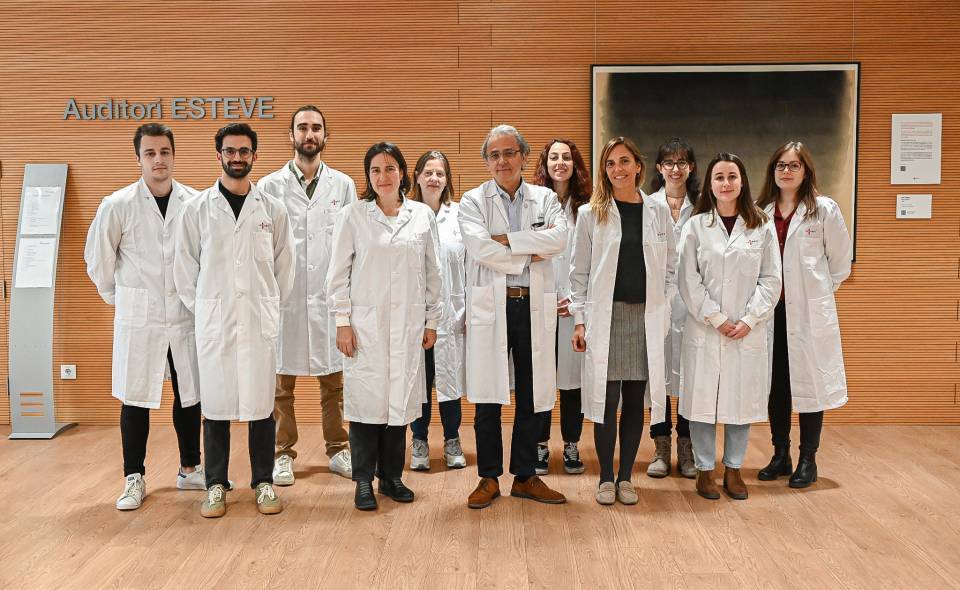Cancer is the leading cause of death in patients who undergo liver transplants and several studies have demonstrated that, for such patients, the risk of suffering a tumor is two to three times higher than would be expected in people of the same age and sex. With the aim of determining the risk factors, a multi-centre study, led by the Liver and Digestive Diseases CIBER (CIBEREHD) and with the participation of Clínic-IDIBAPS researchers, has involved 16 Spanish liver transplant units, with nearly 2,500 patients over five years.
Manuel Luis Rodríguez-Perálvarez, CIBEREHD researcher and hepatologist at the Reina Sofía University Hospital in Córdoba-IMIBIC, led the research, which had the backing of the Spanish Liver Transplant Society (SETH). “Only if we determine the factors that increase cancer risk can we act to prevent it from developing”, indicates this researcher who, furthermore, is the first-named author signing the article published in the American Journal of Transplantation.
This is a study of the “quasi-cohort” type, which enables the analysis of changing exposure factors over the course of time, as occurs with the immunosuppressive treatment received by these patients to prevent rejection. “This epidemiological design has been key for the success of the study; it was already suspected that chronic exposure to immunosuppressive drugs could be responsible, in part, for the increased risk of cancer among this population”, states Rodríguez-Perálvarez.
In effect, the decline in the activity of the immune system caused by these drugs would hinder the task of detection and early elimination of cancerous cells, before they form tumours, which is a routine process in our bodies.
Specifically, the most novel finding of this study is the relationship shown between exposure to a specific immunosuppressor, Tacrolimus, and cancer risk. “Tacrolimus is a very effective drug for preventing liver rejection, and it is necessary in practically all patients who undergo transplant”, explains Jordi Colmenero, a researcher from the IDIBAPS group on Liver transplantation and graft viability and from the CIBEREHD. “The key that this study provides is that, based on specific levels of this drug in the blood, the cancer risk increases. Therefore, if Tacrolimus levels are maintained below this risk threshold, the rates post-liver transplantation cancer could be reduced”, he points out.
A tool for calculating the risk level
For this, the authors have developed a web tool that enables transplant doctors to find out whether a particular patient is close to that risk level so that, where this is the case, reduction of the dose can be considered.
In this study, the researchers were also struck by the high accumulated rate of cancer among this population: 2.6 cases per 100 people/year, as well as its poor prognosis: some 40% of the patients diagnosed with cancer could not receive curative treatment and ended up dying as a consequence of the tumor after an average of 9 months following diagnosis. Men, particularly those of a more advanced age at the time of their transplant, presented a higher risk of post-transplant cancer.
Interestingly, a prior history of alcohol consumption and smoking were the cancer risk factors with the greatest impact. Specifically, a history of smoking was related with double the risk of cancer following transplant, whereas alcoholism increased the risk by 53%.
For this reason, the researchers insist, it is fundamental to make patients who may be transplant candidates aware of the need to stop smoking and cease drinking alcohol, requesting help from addiction units should this be necessary. They also remind us that these same factors increase the risk of suffering cancer among the non-transplanted general population.
Reference article:
Rodríguez-Perálvarez M, Colmenero J, González A, Gastaca M, Curell A, Caballero-Marcos A, Sánchez-Martínez A, Di Maira T, Herrero JI, Almohalla C, Lorente S, Cuadrado-Lavín A, Pascual S, López-Garrido MA, González-Grande R, Gómez-Orellana A, Alejandre R, Zamora J, Bernal-Bellido C; Chronic immunosuppression, cancer Spanish consortium. Cumulative exposure to tacrolimus and incidence of cancer after liver transplantation. Am J Transplant. 2022 Mar 14. doi: 10.1111/ajt.17021. Online ahead of print. PMID: 35286761




